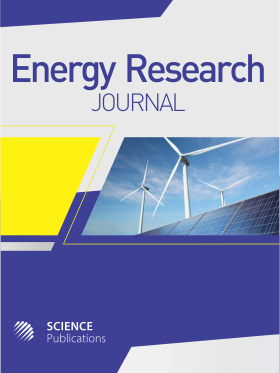Proposed Reliability Techniques on Soil and Rock Excavations
- 1 Mahidol University Kanchanaburi Campus, Thailand
Abstract
Problem statement: Assessment of the ground mass excavation is normally done by the deterministic method. A quantitative indication of mass stability provides as an index term known "the Factor of Safety (F.S.)". There are uncertain to some degrees, such as only a single value of mass properties is used or variation in geologic conditions, computed values of F.S. are never absolutely precise. An alternative measurement of stability regarding use of index terms "Reliability (R) and probability of failure [p (f)]" is to cope with the uncertainty well. Concurrent processes of stability assessment are done using both the deterministic and reliability methods. Field data on the reliability approach assumed to be either normal function or lognormal function distribution. Conclusion/Recommendations: Three types of reliability model are proposed. Modeling types are based on the safety margin, the most likely value of F.S. and data simulation, respectively. These probabilistic values obtained from each model, are compared with the deterministic method. The risk on ground mass failures and environmental impacts due to excavation, be better defined and also achieved the optimized cost of construction excavation.
DOI: https://doi.org/10.3844/erjsp.2011.17.21

- 6,049 Views
- 3,369 Downloads
- 1 Citations
Download
Keywords
- Ground mass excavation
- deterministic and reliability methods
- risk of failure
- reliability models
- optimized excavation cost
